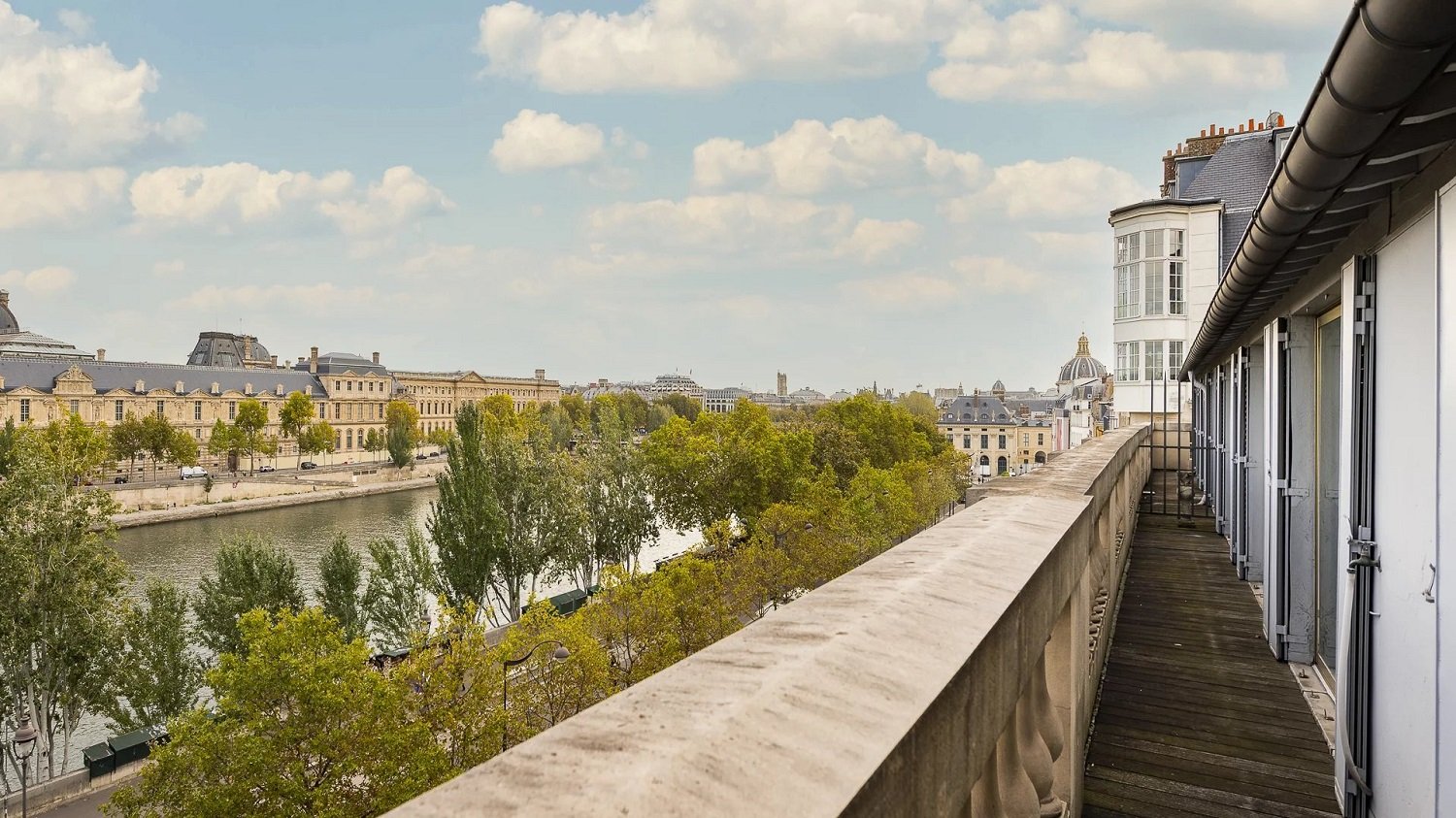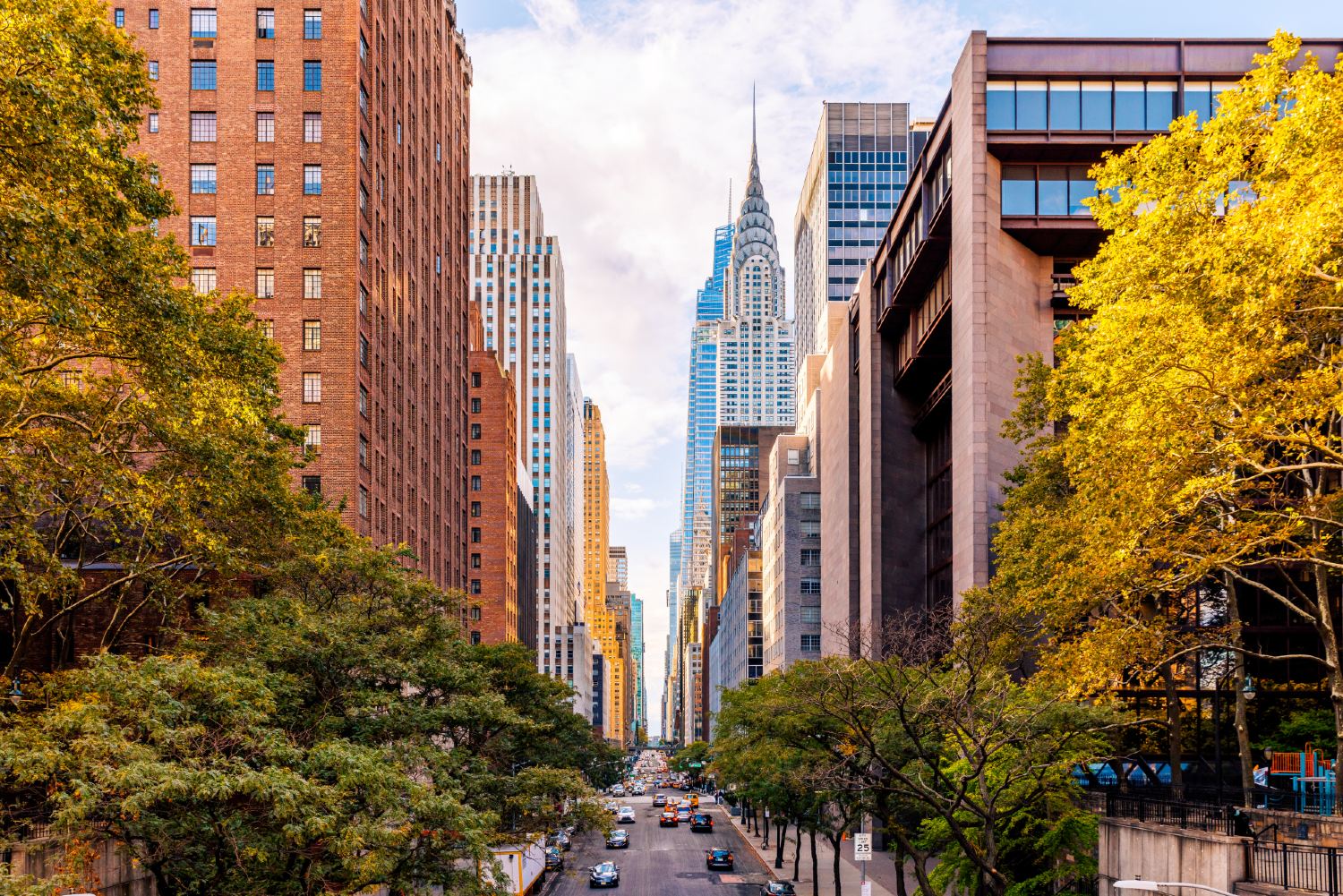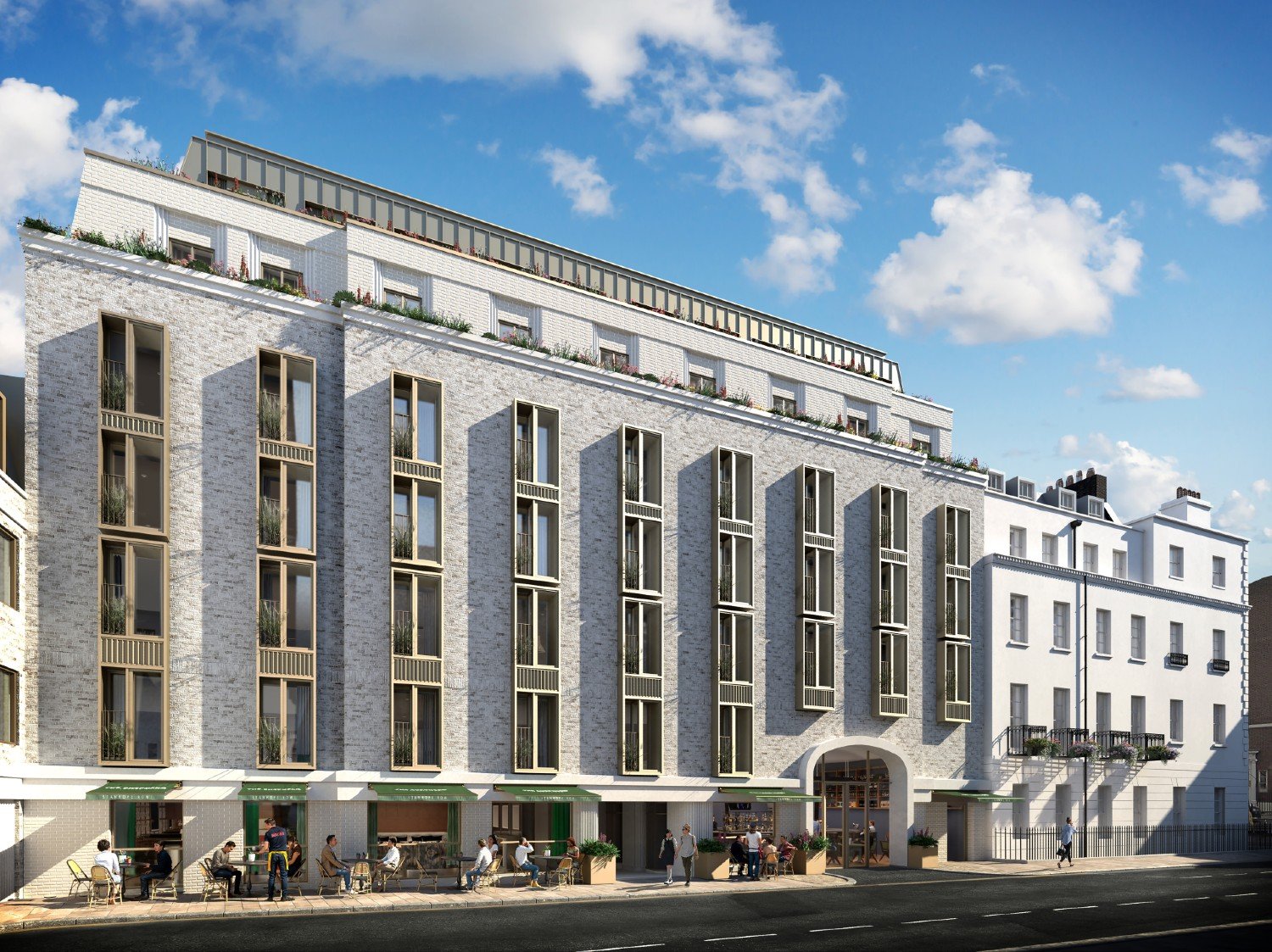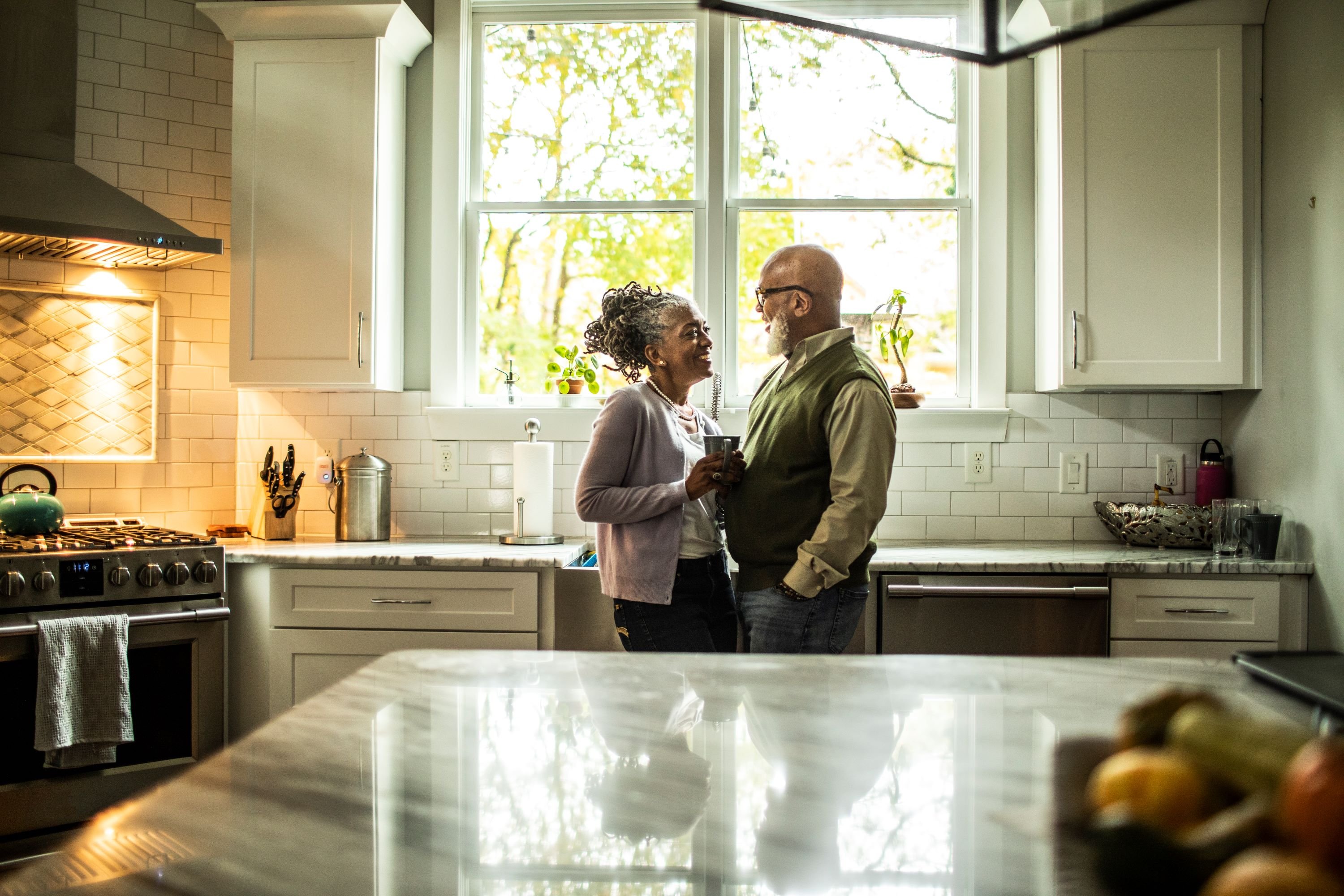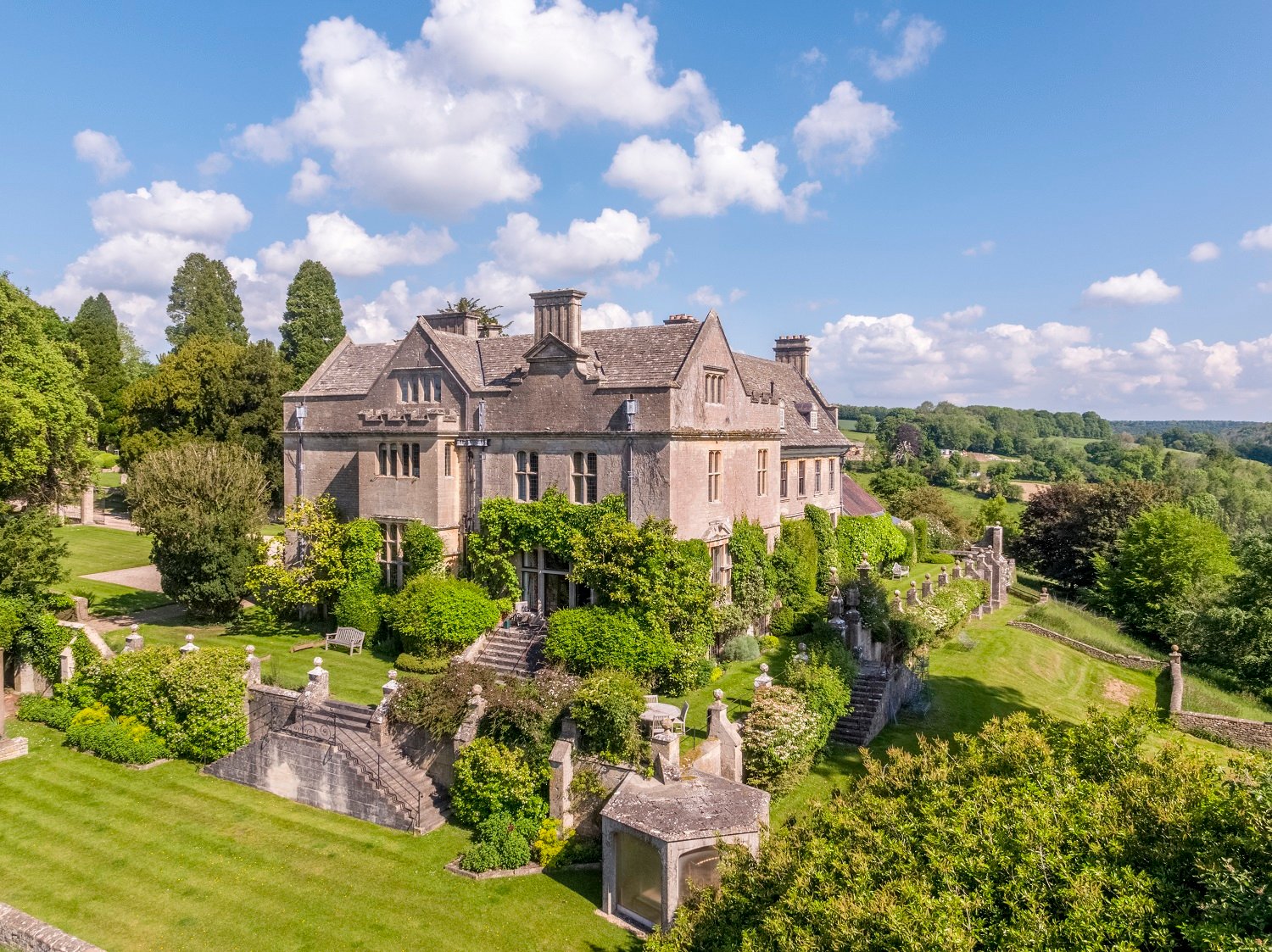Want to live forever? Buy in a Blue Zone
Could your next property purchase hold the key to living a longer, healthier life? It might do, if you buy in a ‘blue zone’
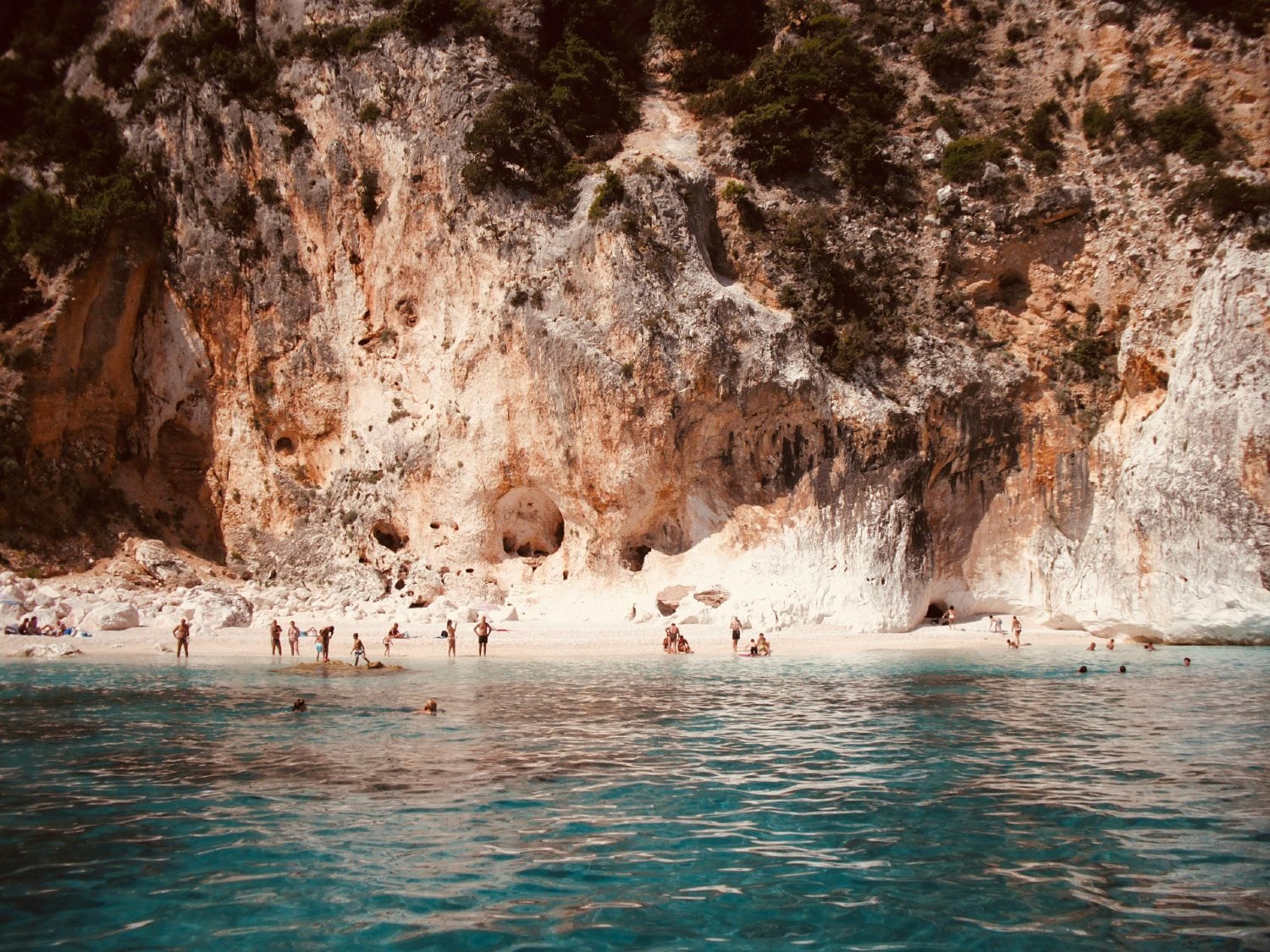
Dave Asprey, one of the internet’s favourite biohackers, hopes to live to 180. Most of us would be satisfied with a more modest target, but ‘longevity’ is a buzzword for wealthy property buyers who take where to live a long (and healthy) life seriously.
Dan Buettner, explorer and author has spent the past two decades investigating the world’s longest-lived locations. He initially identified five ‘blue zones’ whose residents were fit, active and engaged into their 90s and hundreds. Buettner concluded that most of us could make it healthily well into our 90s by mirroring their habits. The original five were relatively isolated communities but he’s recently added a sixth, Singapore, which has consciously improved life expectancy by 20 years since the 1960s.
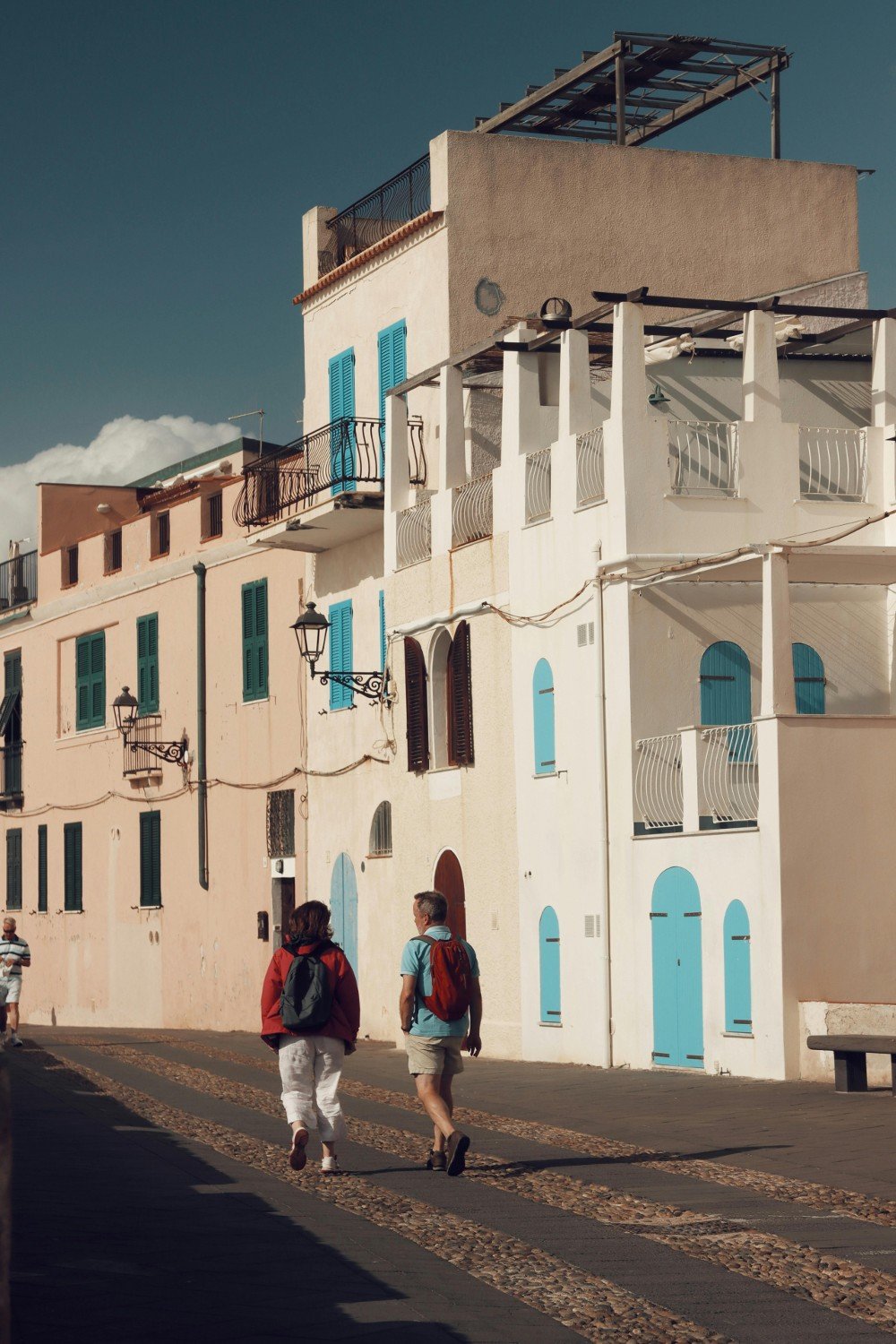
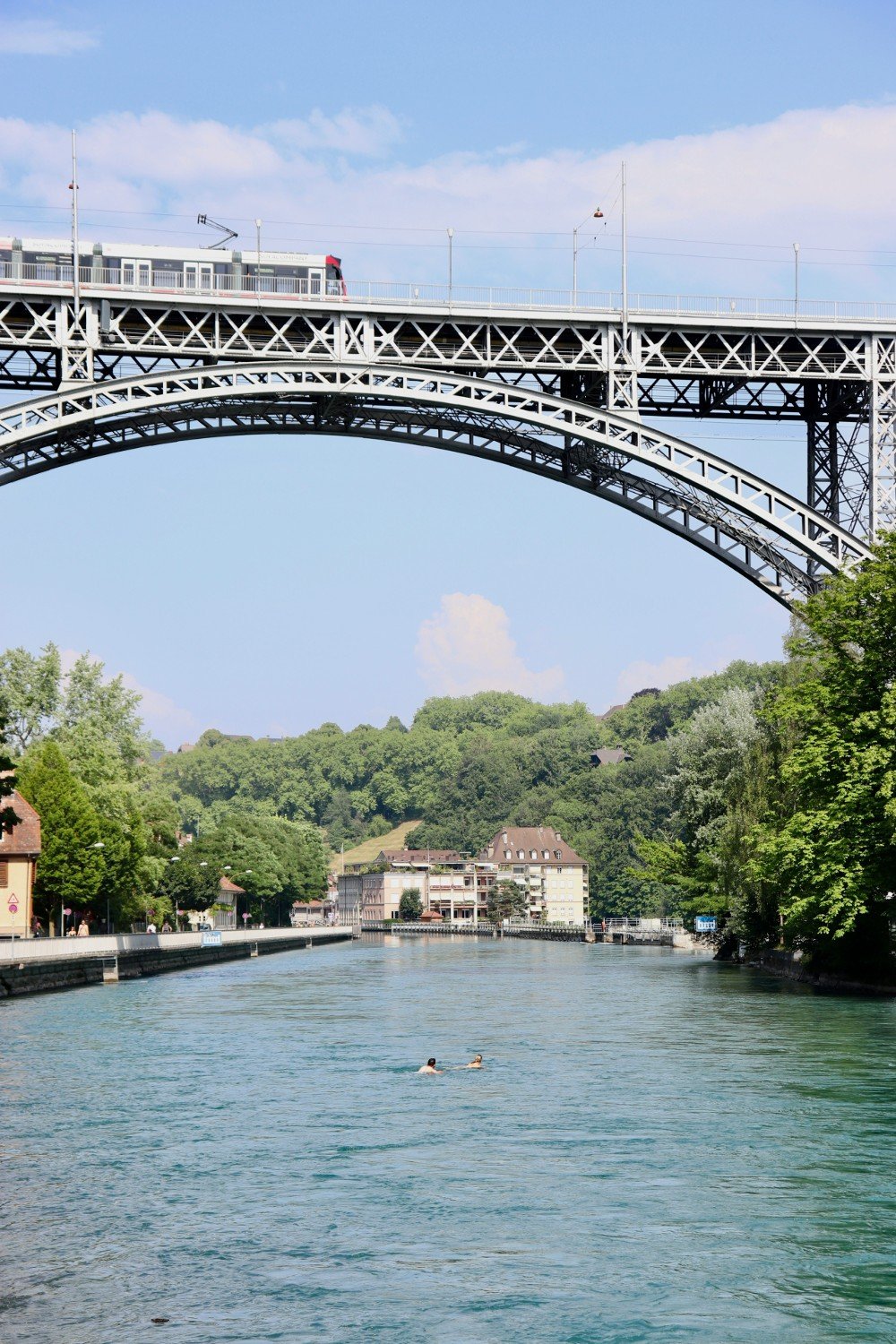
Longevity, step by step
This revolution has been achieved through policies encouraging inhabitants to eat healthily, remain more intergenerationally engaged and keep moving. Pedestrians have priority over motorists, while the ‘National Steps Challenge’ encourages them to log 10,000 steps a day by offering points to redeem at restaurants and shops. Singaporeans also get a tax break if their ageing parents live with them and, equally significantly, four of the island’s hospitals feature on Newsweek’s list of The World’s 250 best Hospitals.
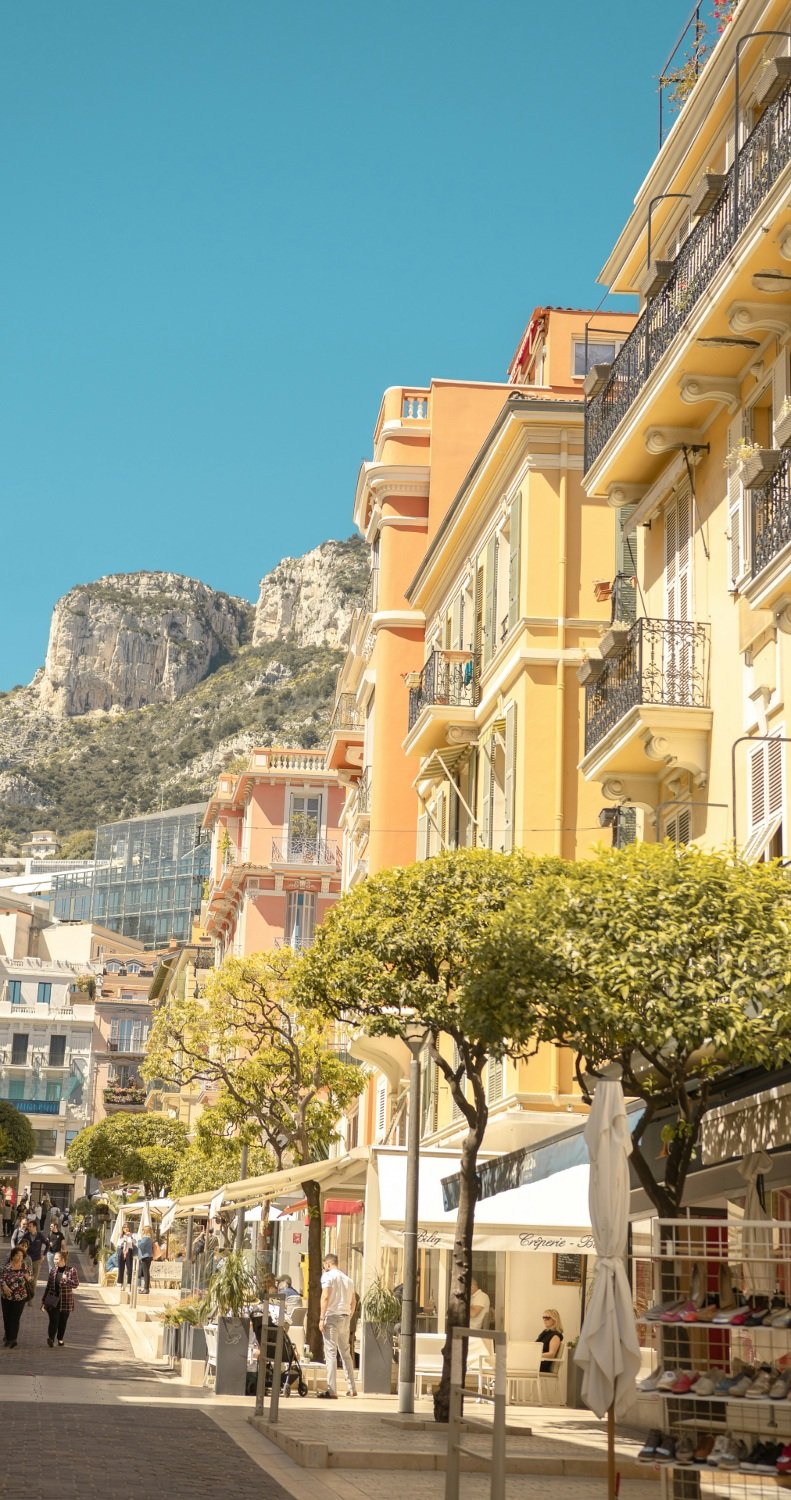
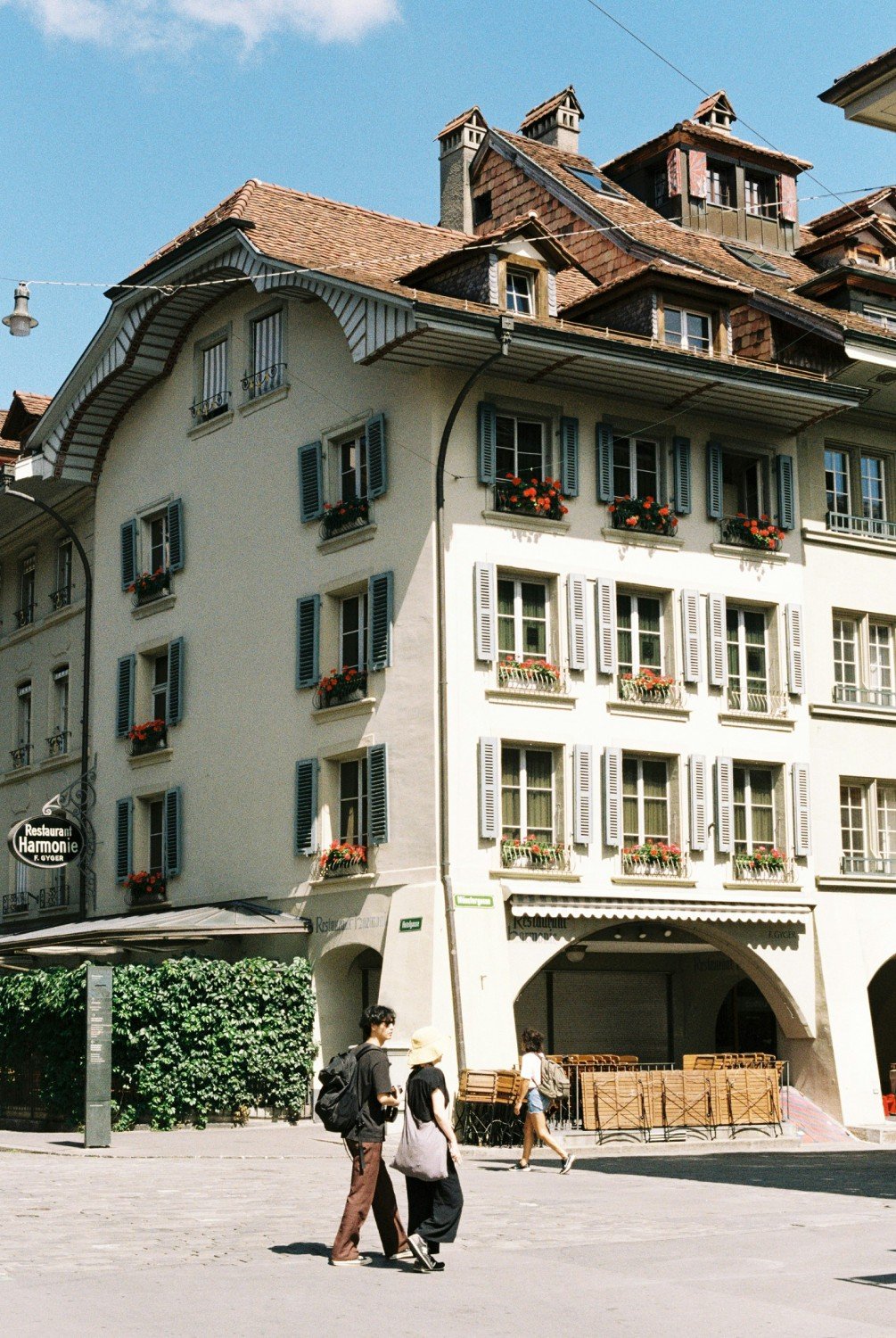
Health is wealth
According to the latest edition of The Wealth Report, healthcare provision is now a key factor in real-estate decision making. Two of the world’s favoured locations for wealthy buyers are Switzerland and Monaco. Switzerland, which spends a higher percentage of GDP on healthcare than any other European country, places a strong emphasis on preventative medicine and healthy ageing. Meanwhile, the tiny principality of Monaco enjoys an equally renowned reputation for its healthcare.

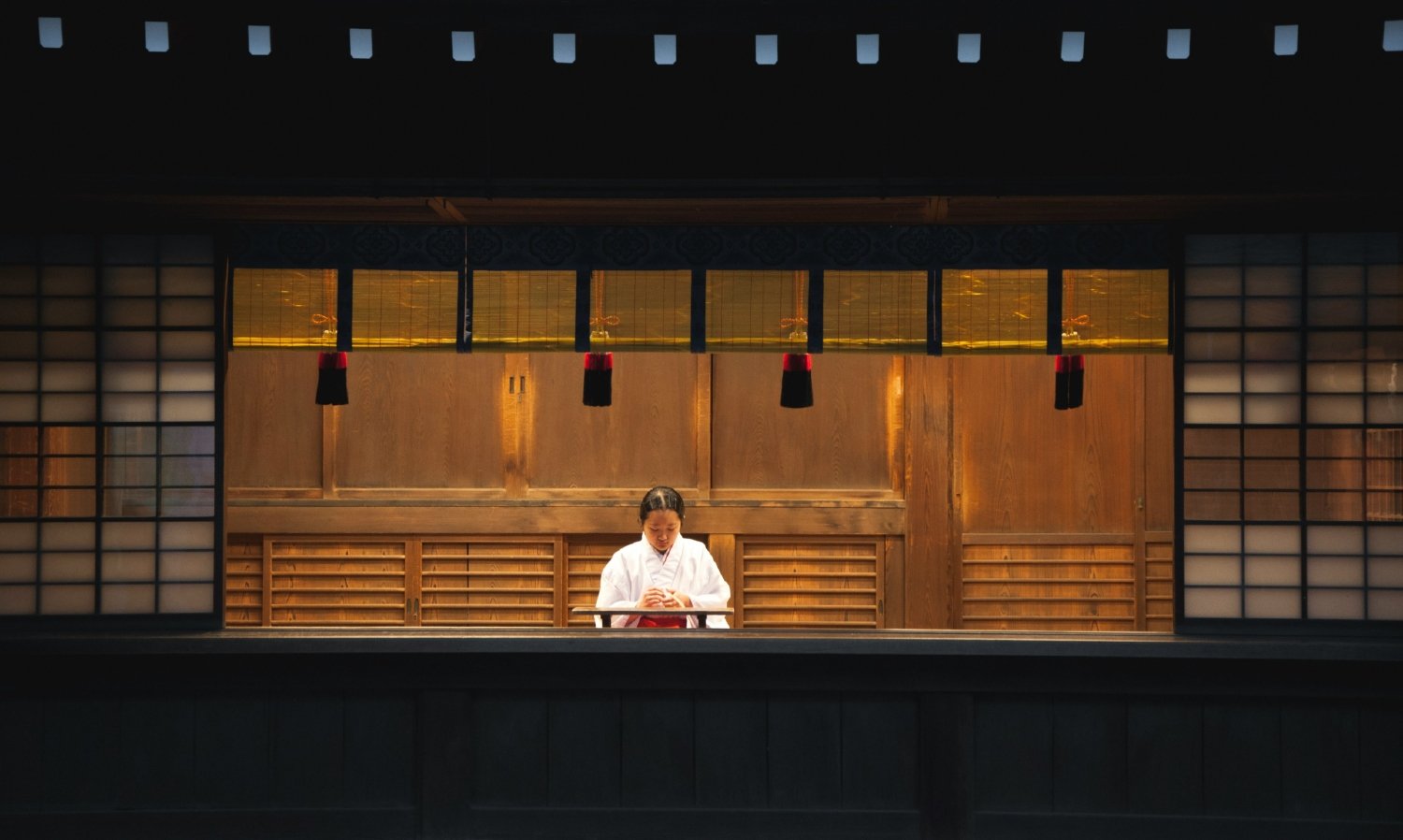
Destinations for the diet-conscious
Monaco’s inhabitants also boast an impressively healthy diet. In Europe, gerontologists are more likely to prescribe the ‘Mediterranean diet’. Meanwhile, Okinawa in south-west Japan made it into the initial blue zone edit, but Japan as a whole regularly tops most longevity tables, its traditional low-calorie, low-fat diet is considered a major contributory factor.
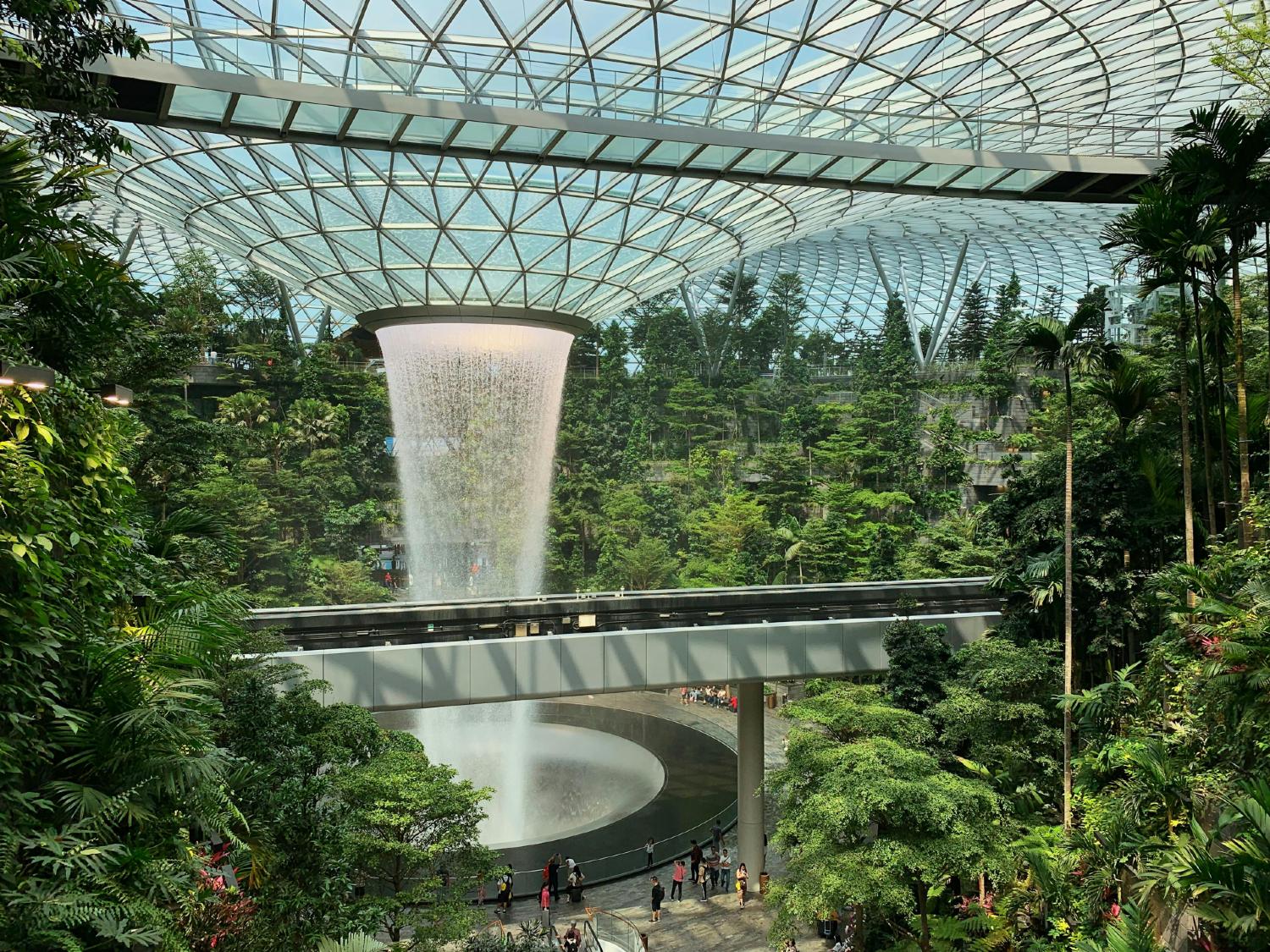
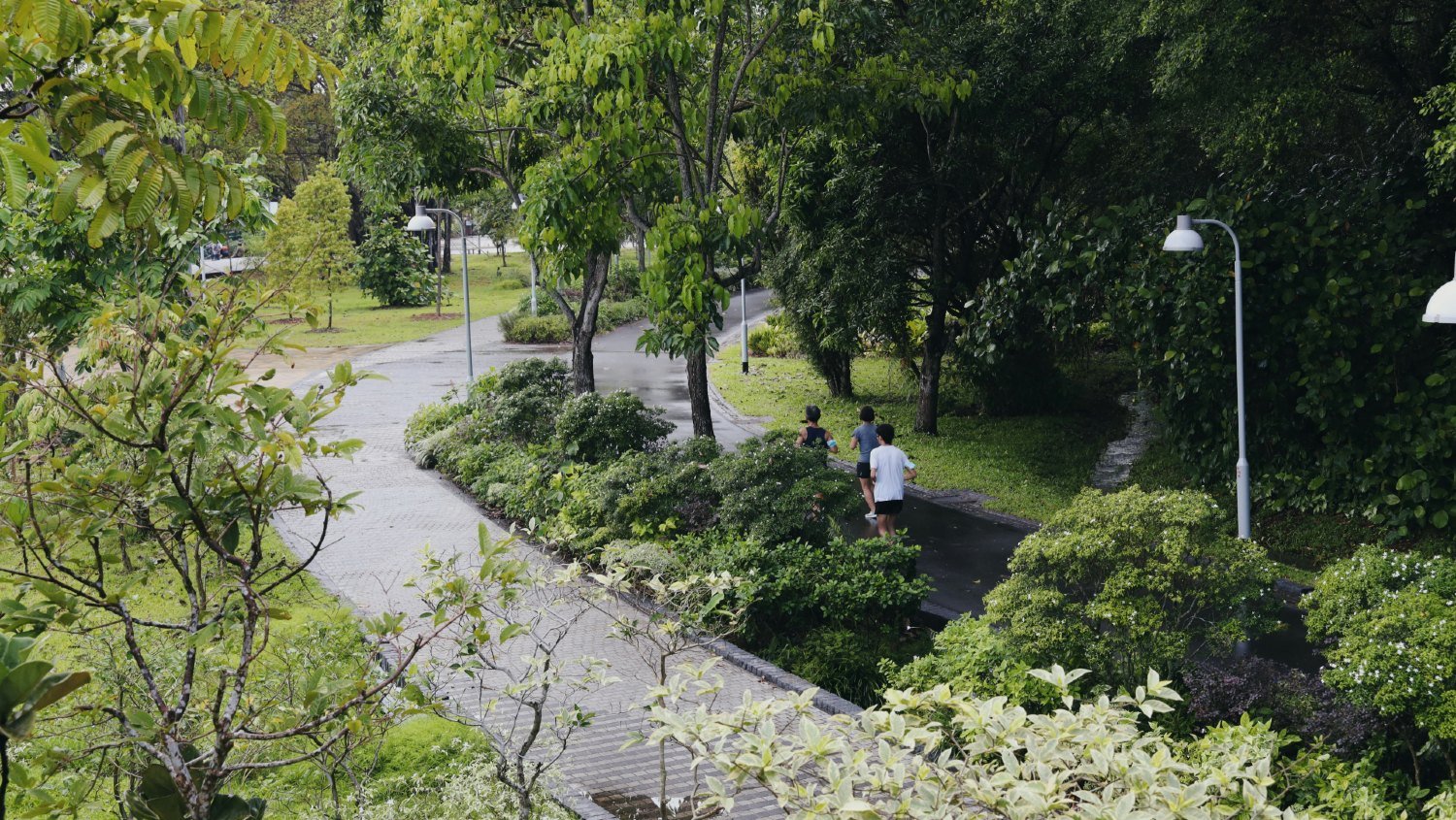
Green living
Limiting stress is also life-prolonging. As Professor Jason Pomeroy, Founding Principal of sustainable design firm Pomeroy Studio, told The Wealth Report: “There’s a wealth of literature that shows a correlation between urban greenery and health and wellbeing.” In Singapore, its Landscaping for Urban Spaces and High Rises programme has encouraged developers to appreciate how the inclusion of greenery can also, in fact, increase property values.
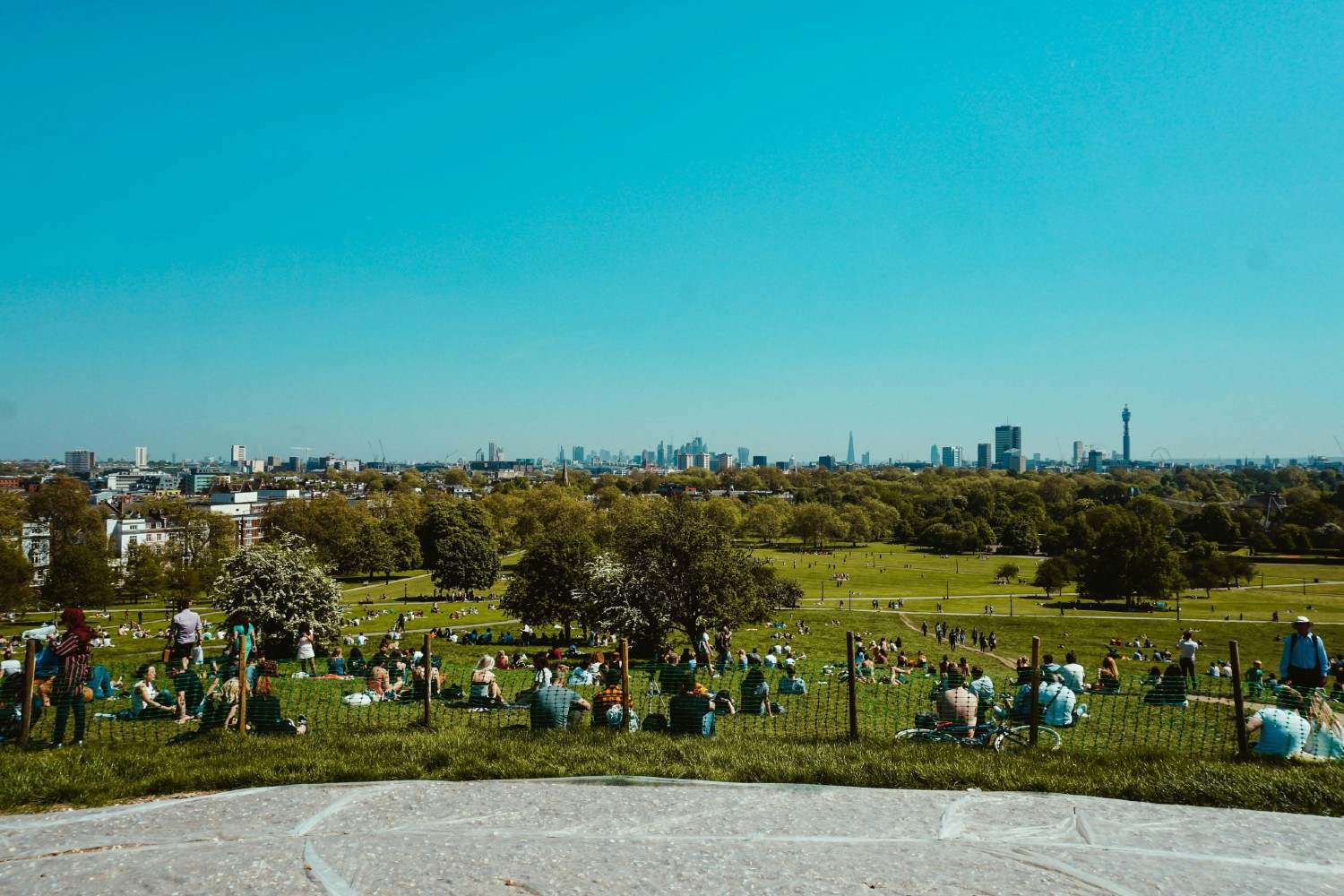
Staying stronger together
Strong social networks are harder to achieve in big cities. In London, however, developers and architects are working together to address the problem of life-shortening loneliness. “The incorporation of communal areas plays a role in promoting relaxation and social interaction,” notes Jade Leighton, Head of Thought Leadership at urban design consultancy Ekkist. For example, The Bryanston, a luxury development overlooking Hyde Park, has two floors of communal amenities where parents – and grandparents – can come together with the next generation. Age may be just a number, but every positive step takes us nearer to 180.
